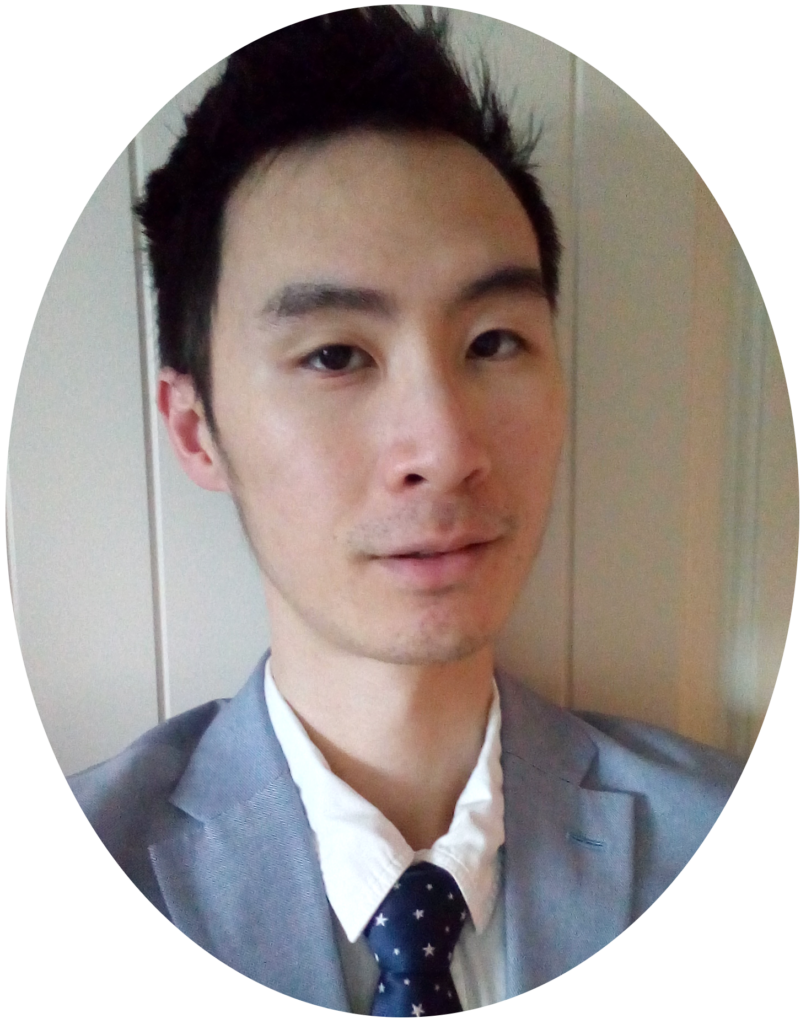Acknowledgements
This Pressbook is adapted from OpenStax Chemistry and Chemistry 2e for use as the textbook for CHEM 1523 Principles of Chemistry at Thompson Rivers University (TRU) in Kamloops, British Columbia, Canada. CHEM 1523 is a distance education course in general chemistry. The contents from OpenStax have been revised to comprise of these new features:
- Information specific to CHEM 1523
- Video solutions to examples
- Insightful illustrations
- Improved equation typesetting
- Visually appealing table formatting
- Corrections to errors
Making this course is a team effort. The Pressbook and student assessments for CHEM 1523 are produced by Peter L. Warburton, chemistry professor at Memorial University of Newfoundland, and myself and reviewed expertly by TRU faculty members Marten Lettinga and Javad Mirzaei. This work has been guided by TRU instructional designers Verena Roberts and Marie Bartlett for an engaging learning experience. Laura Grizzlypaws, Indigenous Educational Developer, is a great mentor about including Indigenous topics in chemistry. My colleagues at TRU Open Learning Production oversee all the technical aspects for seamless online course delivery. The beautiful Pressbook cover is made by TRU Open Learning Media. Much thanks to BCcampus for the practical knowledge in making Pressbooks.
I also personally thank the Dimnik family – Mark, Barb, Ben, Jackson, and Jonah – from whom I learned to teach high school and university science and math.
This textbook is an Open Educational Resource and part of the Zero Textbook Cost initiative to increase the accessibility and affordability of education. Anyone interested in the subject may access this textbook online and free of charge. Instructors are welcomed to adapt the course content for their classes.
Wishing you much success in chemistry,
Jonathan
Instructional Designers
Verena Roberts, EdD
As an open education advocate, Verena Roberts specializes in designing open educational resources and zero textbook cost programs to increase worldwide accessibility to education. While an instructional designer with TRU, she guided subject matter experts in designing science and math courses. She now works as an Educational Developer at Concordia University in Edmonton, Canada.
Marie Bartlett, MA
Marie Bartlett’s background is in educational technology, art history, and English literature. She has led the development of educational materials in a variety of disciplines. Her illustrations in textbooks accompany the complex technical topics for an enhanced and engaging learning experience.
Subject Matter Experts
Marten Lettinga, MSc
Marten Lettinga has served as chemistry instructor, course developer, and department head at Thompson Rivers University. His classes are action-packed with demonstrations and he knows the most effective teaching strategies for empowering Open Learning students to learn chemistry.
Javad Mirzaei, PhD
As an Open Learning Faculty Member for first- and second-year chemistry courses, Javad Mirzaei prioritizes student needs and strives to foster an environment that enables academic excellence. He is particularly enthusiastic about integrating educational technology and innovative pedagogical tools into his teaching practice, recognizing their potential to enhance the learning experience for students. Javad Mirzaei’s research interests center on nanomaterials, quantum dots, and chemical education.
Peter L. Warburton, PhD
Peter Warburton is a faculty member at Memorial University of Newfoundland, specializing in computational chemistry. He makes YouTube tutorials about chemistry.
Jung-Lynn Jonathan Yang, PhD
 Jonathan Yang is trained as a chemical engineer (University of Alberta) and holds a doctorate in Medicine Neuroscience (University of Calgary). He researches developmental neuroscience, gene regulation, cell signalling, and biological interactions with nanomaterials. There is much overlap in these seemingly divergent topics, which encouraged him to teach university chemistry, biology, and math in an interdisciplinary manner that unites all of these fields.
Jonathan Yang is trained as a chemical engineer (University of Alberta) and holds a doctorate in Medicine Neuroscience (University of Calgary). He researches developmental neuroscience, gene regulation, cell signalling, and biological interactions with nanomaterials. There is much overlap in these seemingly divergent topics, which encouraged him to teach university chemistry, biology, and math in an interdisciplinary manner that unites all of these fields.
Thompson Rivers University campuses are on the traditional lands of the Tk’emlúps te Secwépemc (Kamloops campus) and the T’exelc (Williams Lake campus) within Secwepemcúlucw, the traditional and unceded territory of the Secwépemc. The region TRU serves also extends into the territories of the St’át’imc, Nlaka’pamux, Nuxalk, Tŝilhqot’in, Dakelh, and Syilx peoples.

